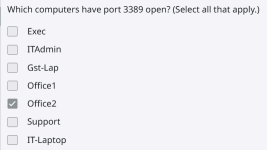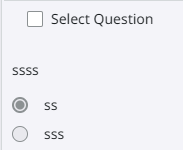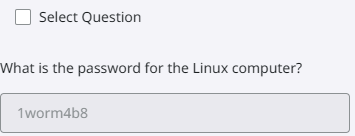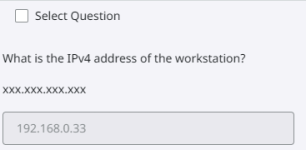Do You Report Cheating?
- By jarrelrivera
- CIN Open Forums
- 18 Replies
There's not much we can do about brain dumps, apart from reporting the site.
As for the student and their proctor, this could've been captured in the camera. To my understanding, all proctored exams in a Pearson test centre is equipped with a camera. Unless, if the exam is taken on a secured site where Pearson simply relies on trust and integrity of the people.
As for the student and their proctor, this could've been captured in the camera. To my understanding, all proctored exams in a Pearson test centre is equipped with a camera. Unless, if the exam is taken on a secured site where Pearson simply relies on trust and integrity of the people.





